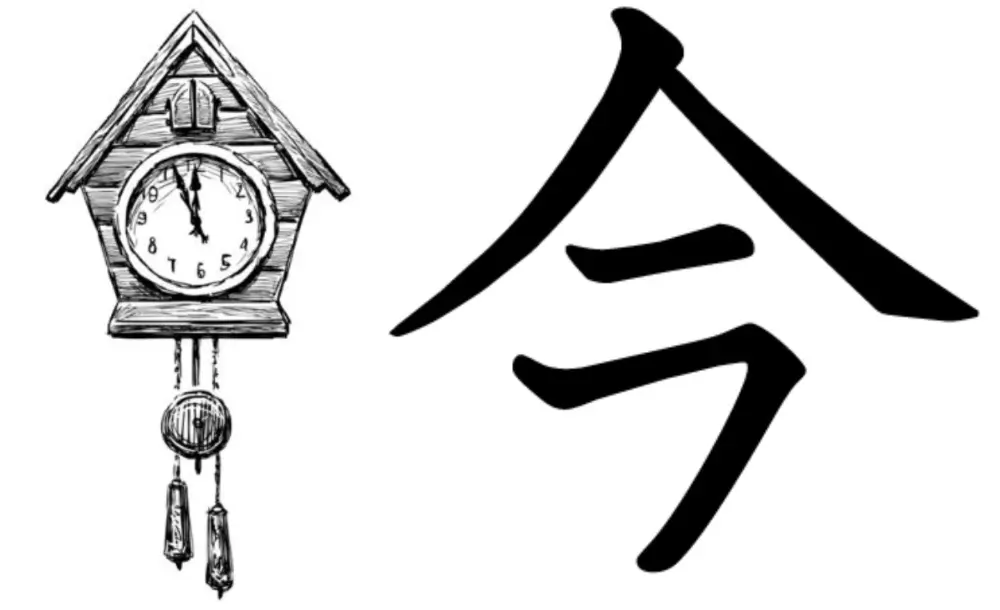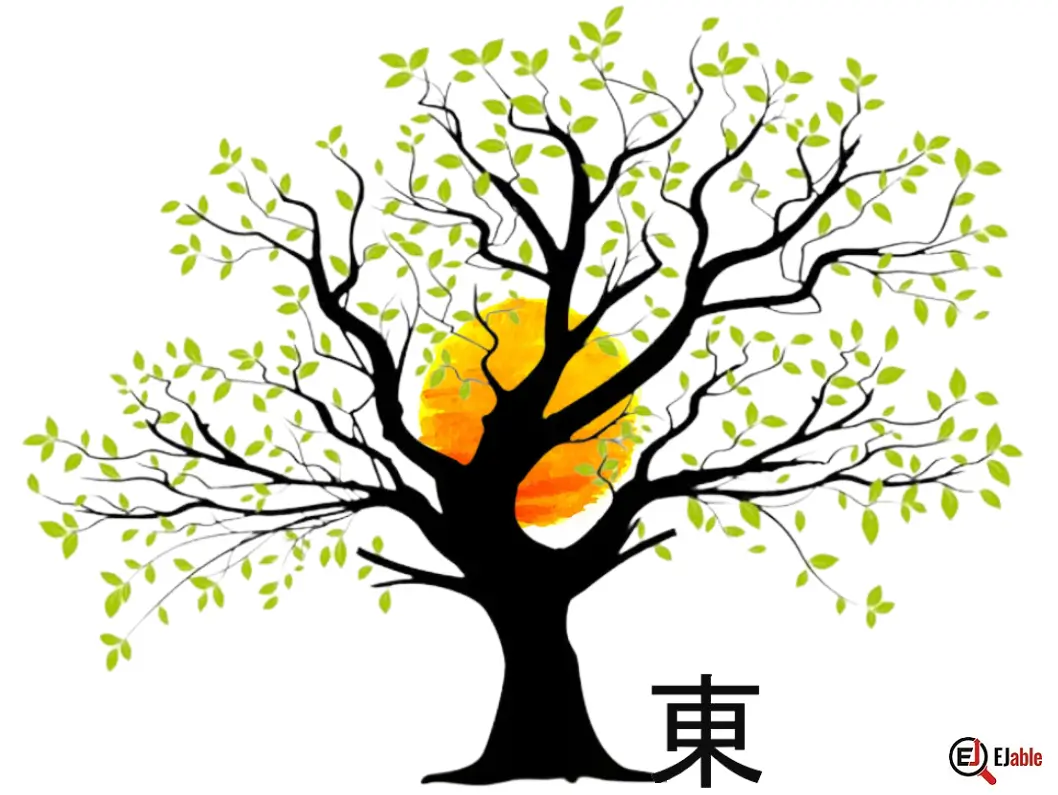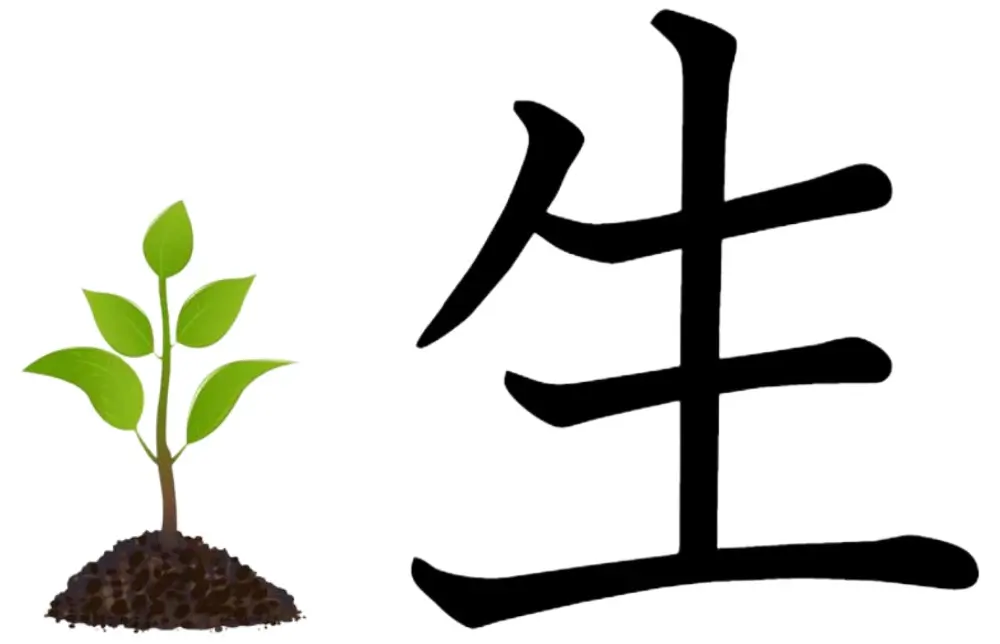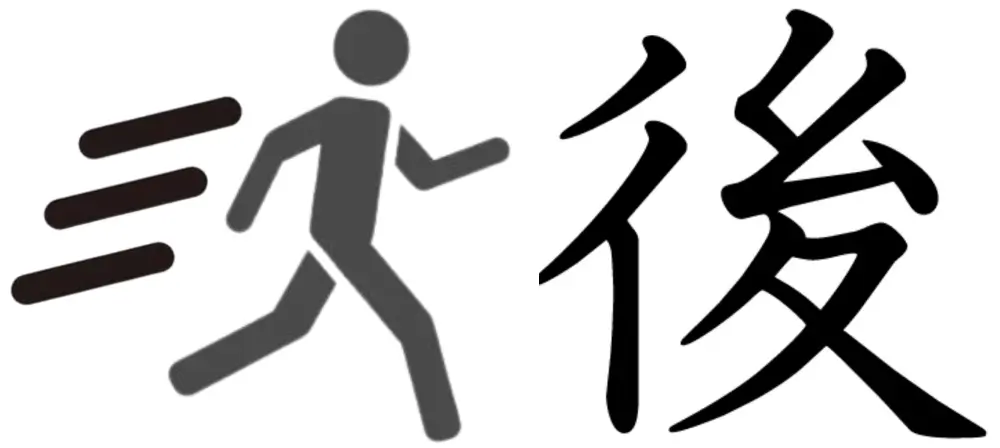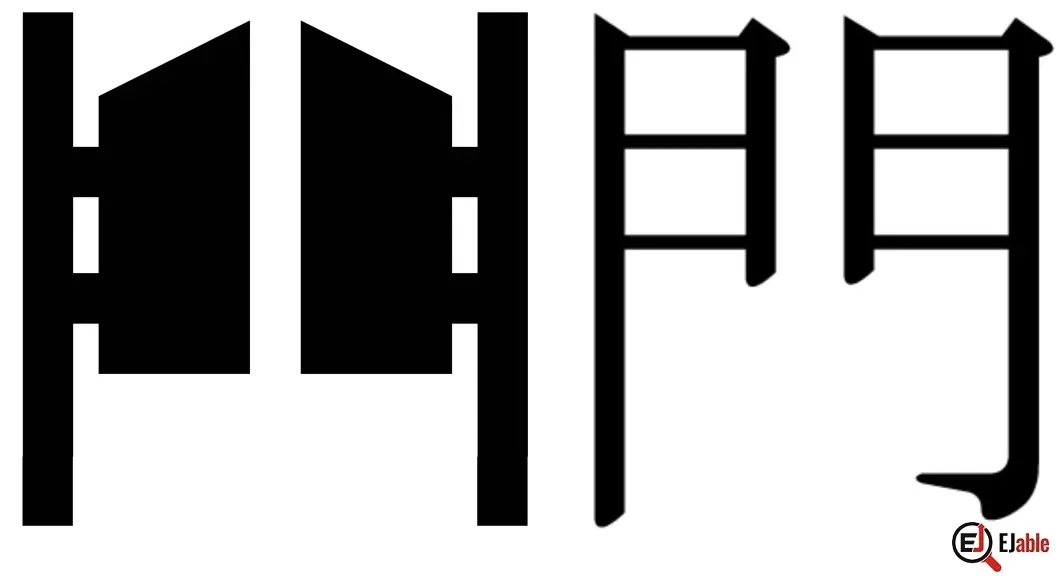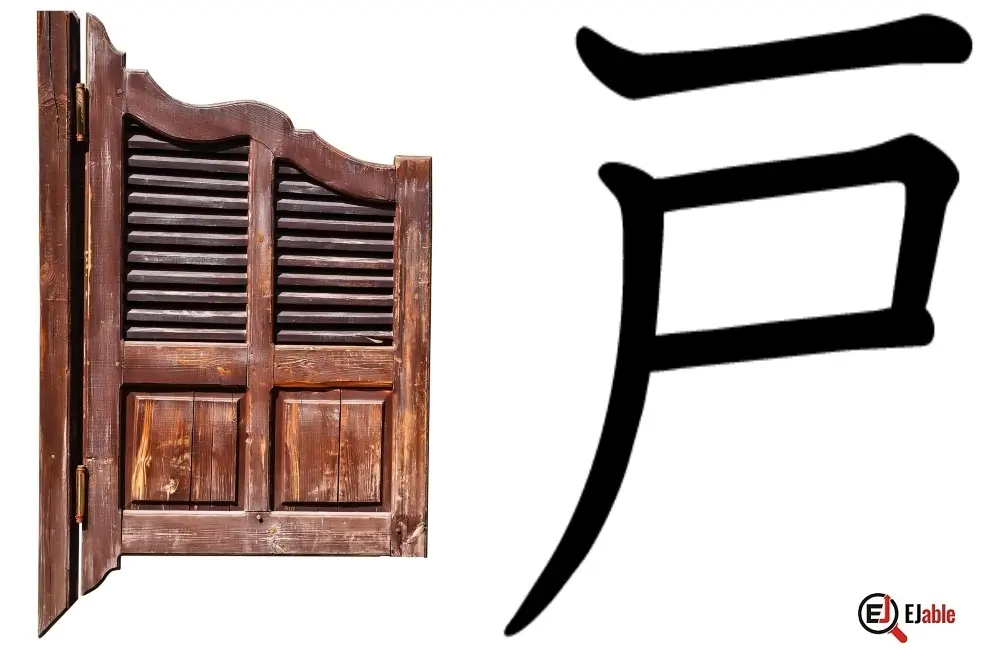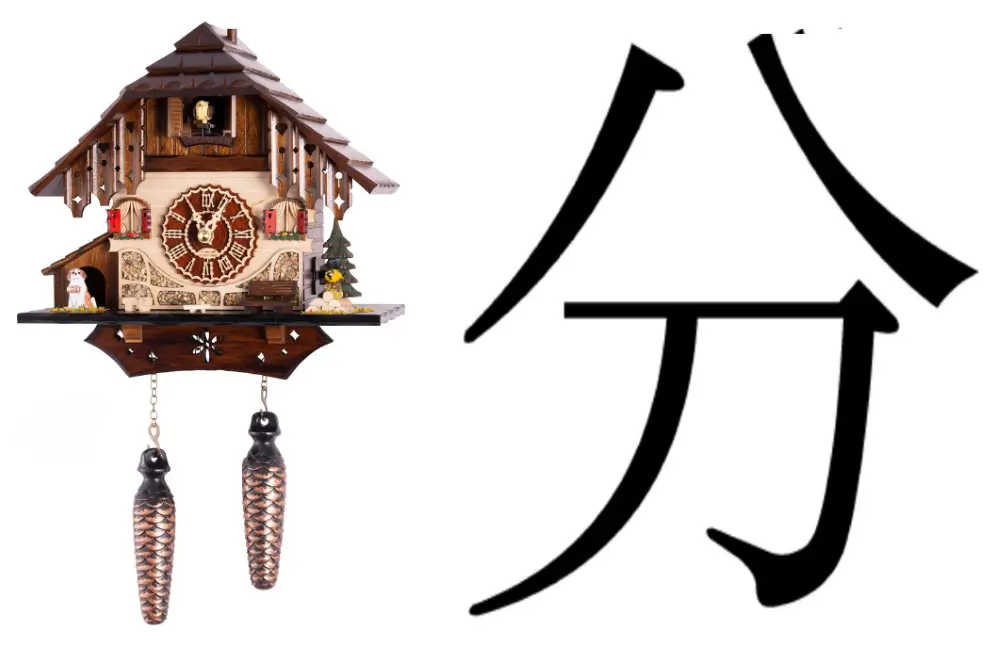Kanji for “Now”: 今 (ima)
The Japanese Kanji for “Now” is 今. The kun’yomi (Japanese reading) pronunciation of the Kanji 今 is “ima” (いま), and the on’yomi (Chinese reading) pronunciations of 今 are “kon” (コン) or “kin” (キン). Apart from the literal meaning of “Now”, the Kanji 今 is also used in the following contexts: The Kanji 今 quite commonly appears in Japanese names and
Continue reading
